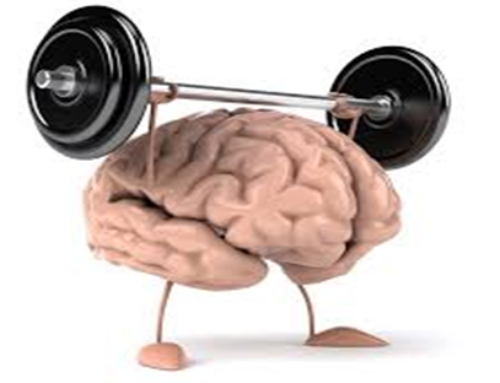 Workaholism is defined as a strong inner drive to work excessively hard. Workaholics have the compulsion to work incessantly and often beyond what is reasonably expected to meet organizational or economic requirements. As a consequence, workaholics often neglect their life outside the job.
Workaholism is defined as a strong inner drive to work excessively hard. Workaholics have the compulsion to work incessantly and often beyond what is reasonably expected to meet organizational or economic requirements. As a consequence, workaholics often neglect their life outside the job.
For workaholics, rest days are taboo! There is always one more email to read, one more phone call to take, one more critically important trip to the office that can’t wait until Monday. It’s the compulsion to be busy and always on the go.
Compulsive workers recognize that work is excessive but are unable to reduce or control it; they continue to work despite social or health problems; and they experience unpleasant withdrawal symptoms (or anxiety) when away from work.
Workaholics And Their Mental Well-Being
 Like other forms of addiction, workaholism can have significant health consequences. When work overpowers all other activities, stress develops as well as emotional instability, anger, depression, anxiety, and psychosomatic symptoms such as stomachaches and headaches.
Like other forms of addiction, workaholism can have significant health consequences. When work overpowers all other activities, stress develops as well as emotional instability, anger, depression, anxiety, and psychosomatic symptoms such as stomachaches and headaches.
Specifically, it was hypothesized that daily work-related activities during the evening have a stronger negative relationship with daily well-being for employees high (versus low) in workaholism and that daily physical and social activities have a stronger positive relationship with well-being for employees high (versus low) in workaholism. A stronger correlation was found by the benefit of physical activity than social activity in non-work related time1.
These findings imply that organizations should not encourage their employees to work during non-work time, particularly those who score high on workaholism, and instead promote physical exercise (over social activity).
Enter Physical Exercise
Because workaholics are deeply committed to their work, often also during the evenings, they have limited energy resources. It is thus expected that daily physical exercise will be most favorable for workaholics. Workaholics seem to benefit more from spending non-work time on sport and exercise. A recent study by Feuerhahn, Sonnentag, and Woll has shown that sport activities during leisure time enhance psychological detachment from work. It is conceivable that workaholics particularly need this detachment function of sport and exercise because otherwise they would continue to ruminate about work (cf. Snir & Zohar, 2008).
www.conanfitness.com
1. ARNOLD B. BAKKER1*, EVANGELIA DEMEROUTI2, WIDO OERLEMANS1, SABINE SONNENTAG3. Workaholism and daily recovery: A day reconstruction study of leisure activities. Journal of Organizational Behavior, J. Organiz. Behav. 34, 87–107 (2013)







